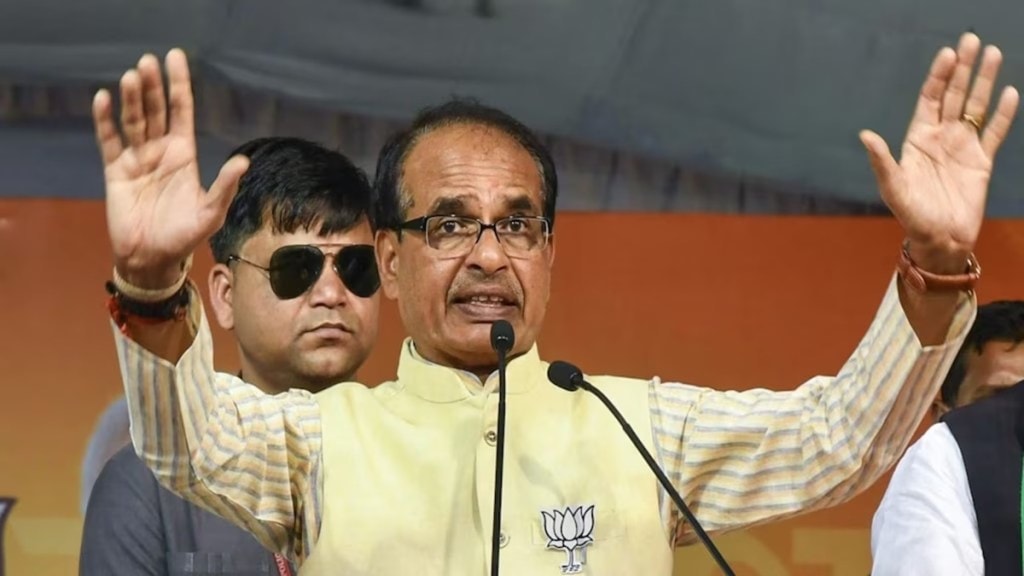The Union agriculture ministry has urged the state governments to choose between the Price Support scheme (PSS) and Price Deficit Payment Scheme (POPS) for crops, while seeking to use the appropriate one to boost farmers’ income.
Stating this here on Thursday, a day after the Cabinet cleared a revamp of the umbrella scheme PM-Aasha with outlay of Rs 35,000 crore for the period through FY26, agriculture minister Shivraj Singh Chouhan said the scheme would also cover horticulture commodities.
Under the POPS, farmers would be reimbursed a maximum of 15% of Minimum Support Price (MSP) or offered fixed prices for non-MSP crops including fruits and vegetables, in order to foil price manipulation by the traders.
“We are encouraging states to opt for PSS or POPS while ensuring procurement of pulses, oilseeds and vegetables which will protect farmers against distress sale when prices fall drastically,” Chouhan said.
The procurement of pulses, oilseeds and copra at MSP under PSS will be on 25% of national output for the 2024-25 seasons onwards which would enable states to procure more of these crops upto 40% of their production for ensuring remunerative prices and preventing distress sale, Chouhan .
However, for purchase of tur, urad and masoor pulses from farmers, the procurement ceiling of 25% has been lifted for these pulses for the year 2024-25.
The government has also enhanced bank guarantee to Rs 45,000 crore for procurement of pulses, oilseeds & copra at MSP from farmers, from Rs 40,500 crore earlier.
Meanwhile, the ministry has scrapped the private procurement stockist scheme (PPSS) scheme aimed at participation of the private sector in procurement of certain crops as private parties were not interested in a 15% reimbursement cap on losses incurred below MSP.
Cabinet on Wednesday, PM-Aasha has extended an allocation of Rs 35,000 crore till FY26 and it will now have the components of several existing schemes – PSS, POPS, Price Stabilization Fund (PSF) and Market Intervention Scheme (MIS) implemented by agriculture and consumer affairs ministries.
The government has allowed the MIS to start when there is a 10% increase in market price over previous year in the case of vegetables like onions. The coverage of crops has been enhanced to 25% of the country’s output from 20%.
Meanwhile Chouhan also announced that the government will soon release the report of the committee on MSP for crops, which was established following the withdrawal of the three controversial farm laws in 2021.
The committee aimed at making MSP more effective, promoting natural farming and changing cropping patterns is chaired by former agriculture secretary Sanjay Agrawal. It was set up in July 2022 eight months after the government withdrew three farm laws.
The minister will hold weekly interactions on every Tuesday with farmers and leaders at the ministry, in an initiative dubbed ‘Kisan Samvad’ for listening to their grievances.
On genetically modified (GM) cotton technology awaiting regulatory approval, he said, “this is a sensitive topic for us while the approval will be given after wider consultations.”
“Our overall rice production will be more than last year despite flooding because rice planting is higher this year,” Chouhan said on the impact of recent rains and flooding over several parts of the country

